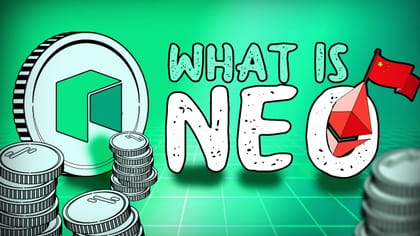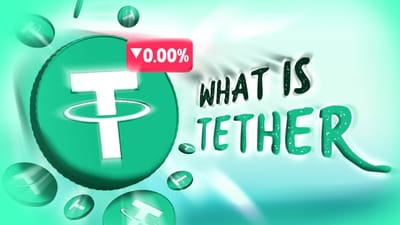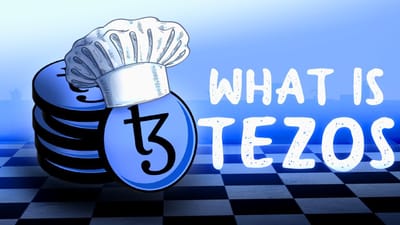Key Takeaways
- After its Season 1 airdrop ended, Renzo Protocol's ezETH briefly depegged from Ethereum, dropping to $688 before stabilizing;
- The ezETH price drop was attributed to a mass sell-off post-airdrop;
- Trader czsamsunsb.eth capitalized on the depeg, earning 121.65 ETH ($380,000).
Following the end of its Season 1 airdrop, Renzo Protocol's restaked Ether token (ezETH) temporarily crashed from its 1:1 peg with Ethereum (ETH).
On April 24, the token's value fell to $688 on the Uniswap decentralized exchange before soon regaining its price parity with ETH.

Did you know?
Want to get smarter & wealthier with crypto?
Subscribe - We publish new crypto explainer videos every week!
What is NEO in Crypto? Chinese Ethereum Explained (ANIMATED)


Crypto analyst Tommy explained on X that this incident highlights a common issue within liquid restaking tokens (LRTs), which, despite enabling withdrawals, can still experience depegs due to temporary market imbalances.
He noted that the sudden price drop was mainly due to a broad sell-off after Renzo Protocol's airdrop:
Sell-off likely caused by the conclusion of Season 1 Airdrop, users want to get back $ETH to farm other LRT/protocols.
Tommy further explained that the depeg triggered liquidations on leverage protocols like Gearbox and Morpho Labs, particularly impacting "loopers," traders who use LRTs as collateral to borrow ETH to create leverage.
As noted by Lookonchain, one crypto trader, czsamsunsb.eth, profited from the depeg incident by 121.65 ETH, which, at the time of writing, equals around $380,000.
Renzo Protocol serves as an interface to the EigenLayer ecosystem and is the second-largest liquid restaking protocol, holding over $3.2 billion in total value locked (TVL)—a nearly 100% increase from the previous month. It ranks second behind Ether.fi, which has a TVL of over $3.8 billion.
While some traders manage to profit from market shifts, the broader crypto community continues to face challenges regarding investment stability and protocol reliability.
In other news, recent assessments suggest that EigenLayer's rapid growth might steer it toward a yield crisis.

























